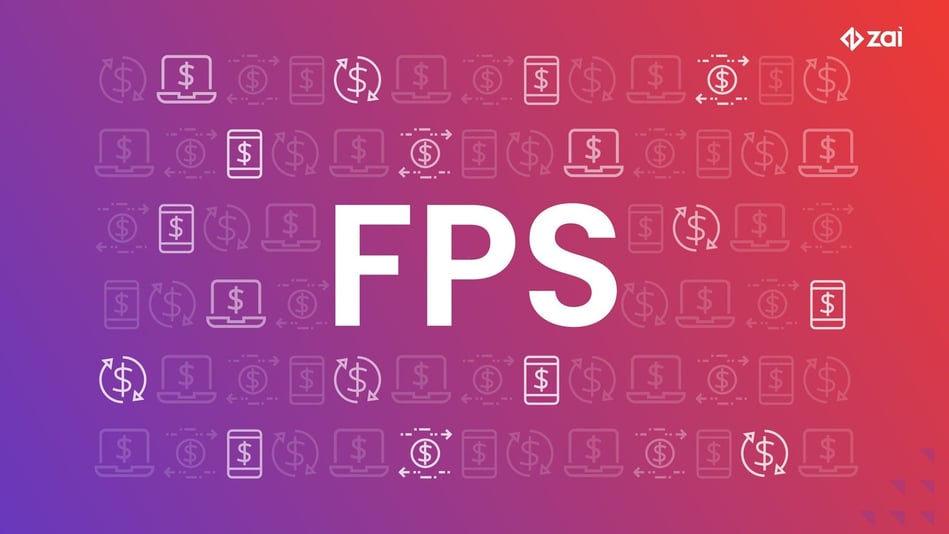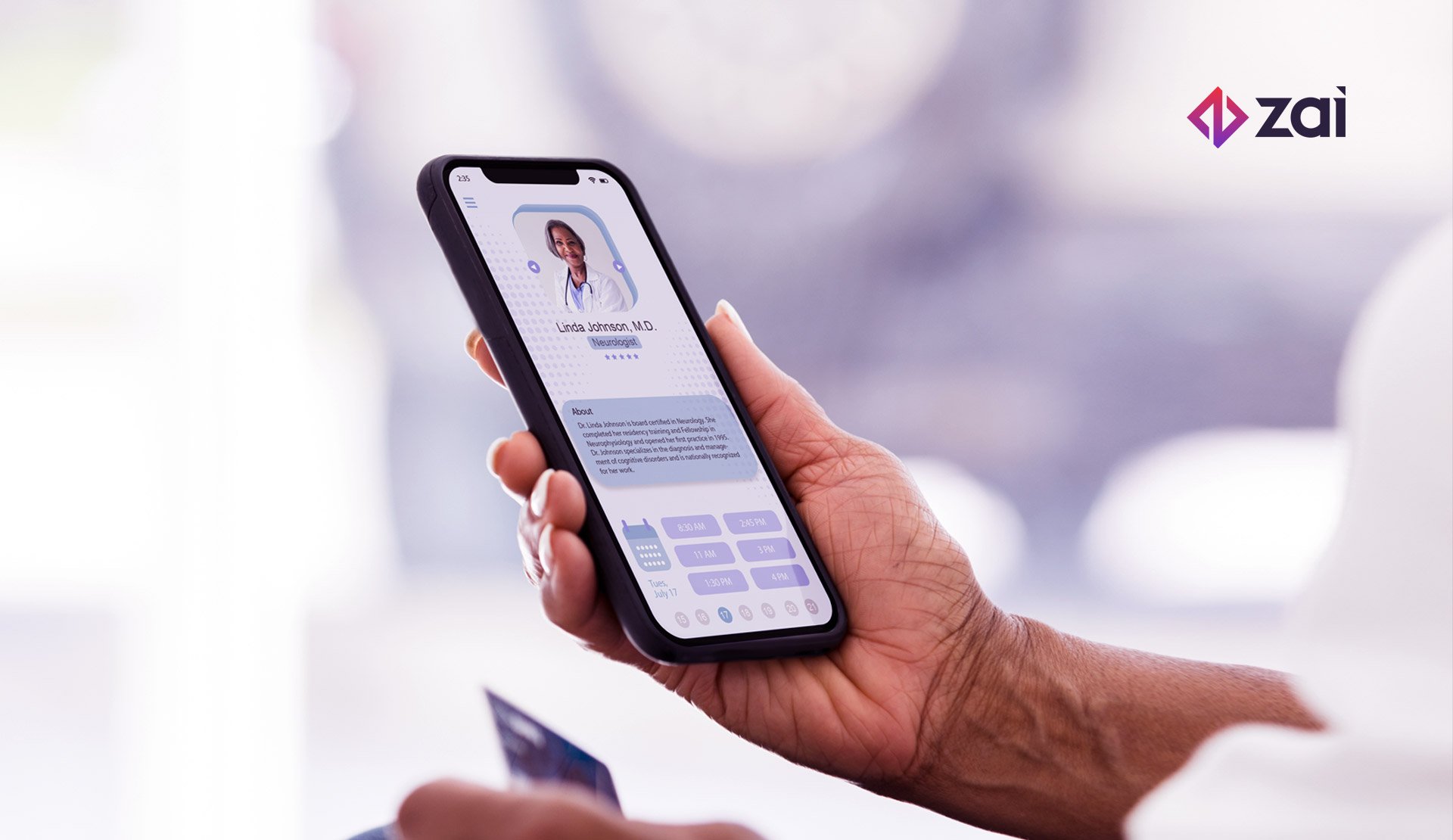If you’re an individual or business with a UK bank account and want to transfer money instantly to another UK bank account, the Faster Payments Service (FPS) can accomplish the task. FPS was introduced in 2008 and is administered by Pay.UK, the not-for-profit, independently governed payment system operator that also manages Bacs. Not only was Faster Payments the first new payments system introduced in the UK for 20 years, but it was also the world’s first 365-day, 24/7, real-time payments system.
Faster Payments transfers are free (for personal customers), with account holders able to send up to £1 million pounds. In practice, more than 35 financial institutions offer Faster Payments Service as Direct Participants, each of which imposes its own limits (available here).
Faster Payments processed 3.4 billion transactions in 2021 with a value of £2.6 trillion. Since non-banks were allowed to join the scheme in 2018, it has become a popular alternative to Bankers Automated Clearing System (Bacs) or Clearing House Automated Payments System (CHAPS) for businesses in search of instant transactions.
Faster Payments processes four types of payments
UK bank account holders can send money 24 hours a day, seven days a week, and can choose from four payment options:
Single Immediate - One-off transfers that can be made online, by mobile banking, over the phone, or in person. Funds are available in the recipient’s account almost immediately, although the service allows for up to two hours processing time.
Forward-dated - These are identical to single immediate payments except they are scheduled to be paid on a pre-arranged date, for example, to pay a bill.
Standing Orders - A regular, fixed payment to a recipient on a specific day (usually monthly or quarterly). Similar to a direct debit, but with a standing order, the account holder sets up the payment, as opposed to the recipient.
Direct Corporate Access - Available to business customers only, this option allows multiple payments to be made through bulk files. Not all Faster Payments participants offer the service.
How do Faster Payments work?
All a sender needs to make a transfer with the Faster Payments Service is the recipient’s account holder name, account number, and sort code. Transfers are irrevocable, so errors can be difficult to resolve. Each bank will advise on what transaction limits apply.
How to receive Faster Payments
As with Bacs transfers, businesses can receive Faster Payments through their bank (as long as it is one of the Direct Participants), by applying to Faster Payments Service, or through a third-party partner connected to a Direct Participant bank.
Depending on the details of the payment, Faster Payments may not always be the best option.
FPS vs Bacs
Although Faster Payments are free for retail customers, there is a fee for corporate customers, typically around £2.50 per transaction, making it more expensive than Bacs. The most significant difference between the two, however, is speed. Whereas the money is with the recipient instantly when using the Faster Payments Service, it takes up to three days to arrive through Bacs. The purpose of Bacs wasn’t to provide fast payments, but to make it easier to set up recurring direct debits and direct credits.
FPS vs CHAPS
Both FPS and CHAPS are used for high-value transactions, although CHAPS imposes no upper limit. Participating banks do, however, charge a higher fee for the CHAPS service, usually around £25. CHAPS does not guarantee instant transfer of funds, but does fulfill a same-day service. That only applies if the payment is requested before the bank’s cut-off time. Any transfers requested outside of banking hours or at weekends will have to wait until the next working day for processing.
Zai APIs power payments
Zai’s payment APIs help businesses manage multiple payment workflows and move funds, so they can pay and get paid without delays.
We go beyond integrating several payment types and apply our real time expertise to a reliable micro-service architecture that powers your payment workflows.
For more insights into the importance of payments in the customer journey, download the guide below.


c2aa.png)


